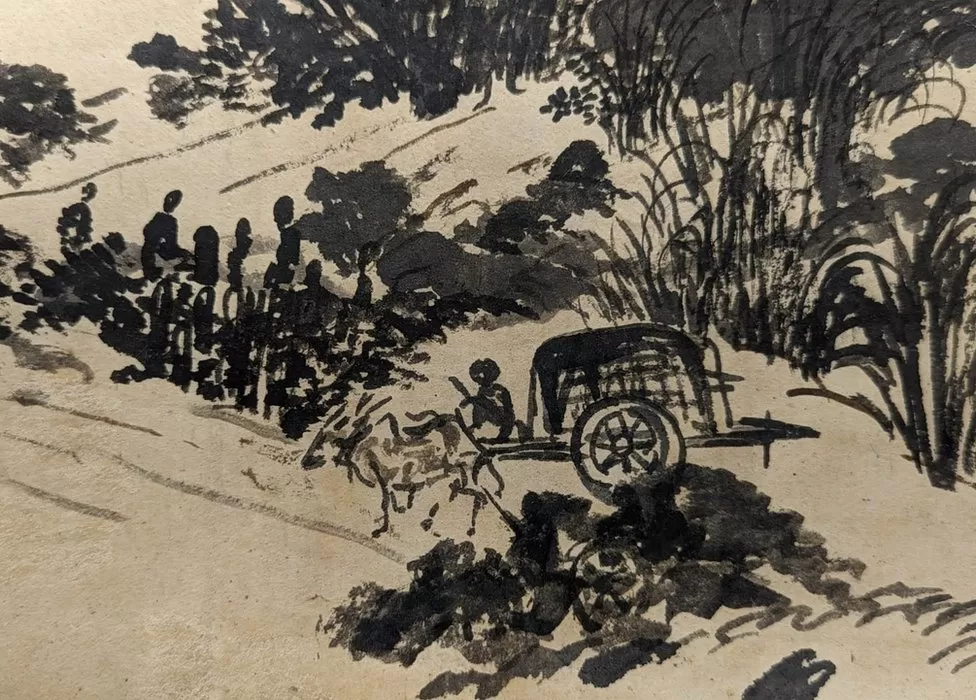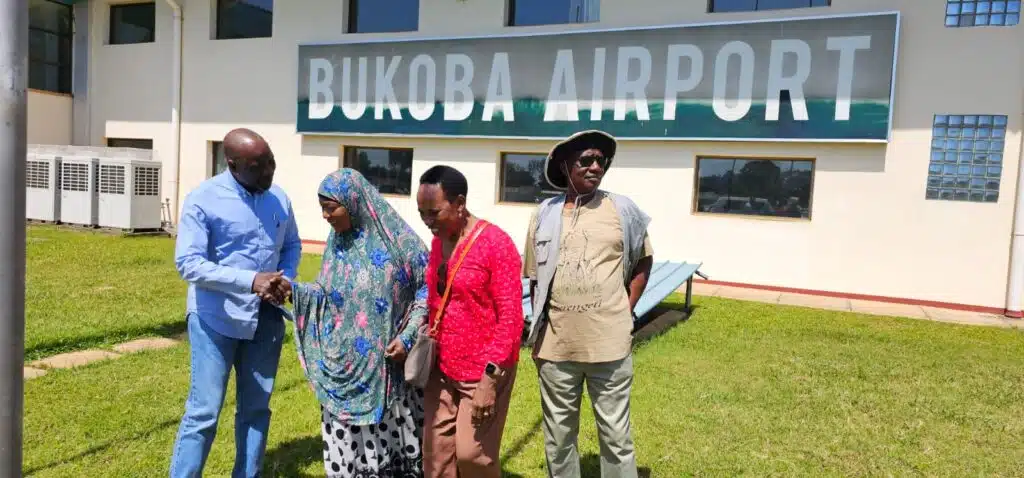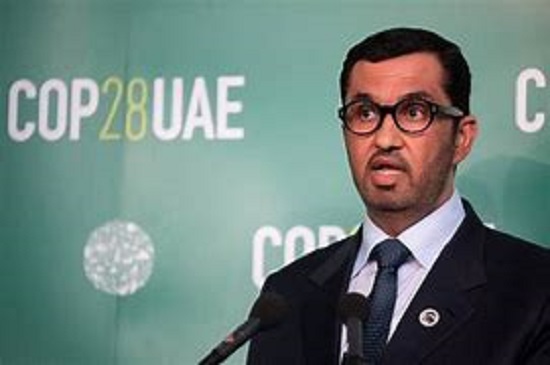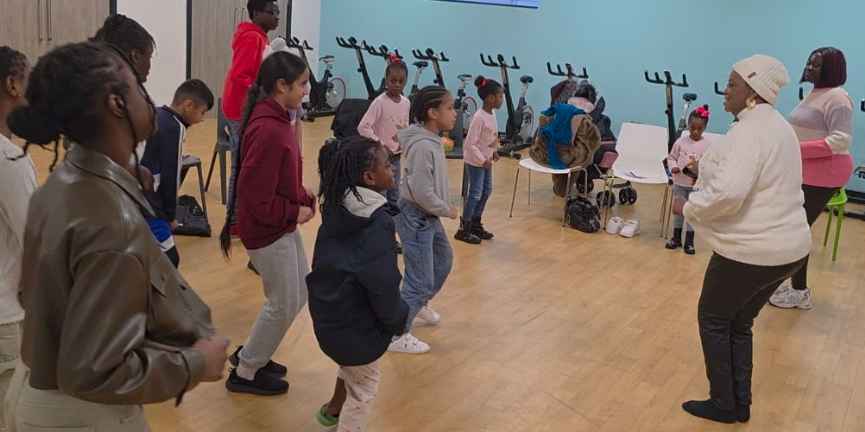Jamaica rolls out electromobility roadmap
Jamaica’s energy ministry released the country’s first electric vehicle policy as part of the island’s push to increase energy security, diversify supply and decarbonise.
The roadmap’s main goals are the development of an enabling regulatory environment, deployment of efficient charging infrastructure, establishment of guidelines related to standards and batteries, training and public engagement. The policy highlights penetration targets established in the Strategic Framework for Electric Mobility, with 12% of electric vehicles being privately owned by 2030 and 16% being public transport.


























